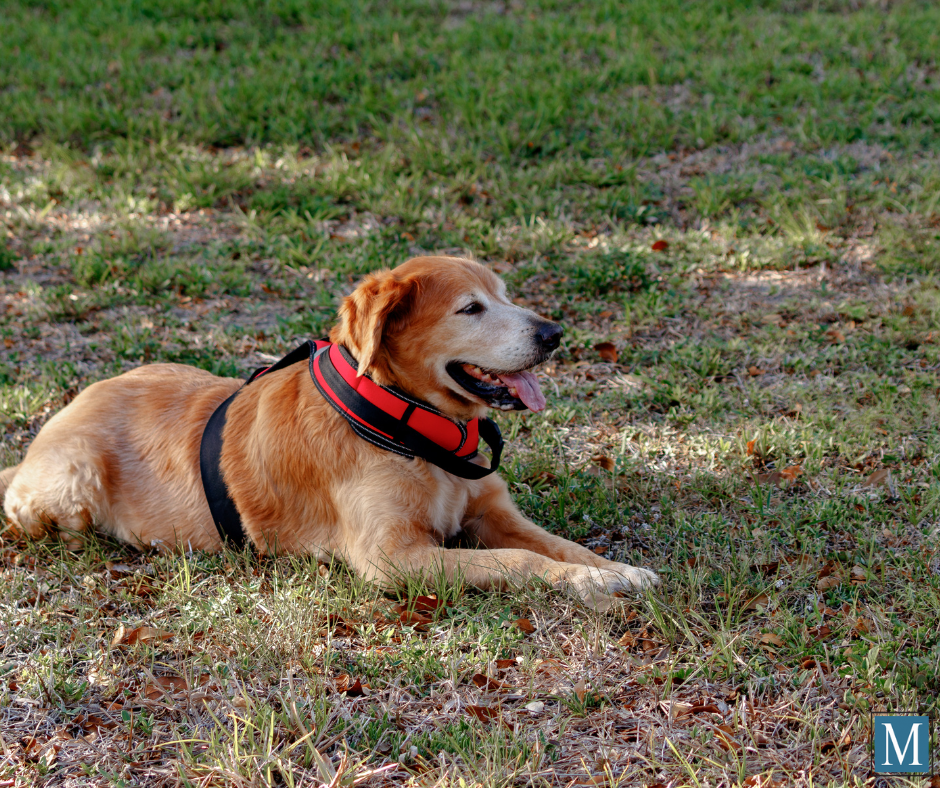In a recent case out of New Jersey, Players Place II Condominium Association Inc., v. K.P., No. 088139 (N.J. March 13, 2024), the New Jersey Supreme Court evaluated whether an emotional support pet, which exceeded the community’s weight restrictions, was permissible under The Fair Housing Act (“FHA”).
The association in this case had a rule limiting pets to a maximum weight of 30 pounds. The owners in this case adopted a dog weighting 63 pounds and requested an accommodation under the FHA. The community denied the request, and filed suit after the owners were seen walking the dog on common area. The case appealed up to the New Jersey Supreme Court, which ultimately found that:
[t]he resident must first show that they are disabled within the meaning of the FHA or the LAD and that the requested accommodation is necessary to afford the resident an equal opportunity to use and enjoy a dwelling equal to a nonhandicapped person. Once this is established, then the association or housing provider must establish the requested accommodation is unreasonable or else the accommodation must be granted.
The association must conduct an individualized assessment of an accommodation request and whether granting the request would create an undue burden on its operations. The supreme court emphasized the parties should engage in a good-faith, interactive dialogue to exchange information and consider alternatives to resolve or narrow any issues.
After finding that the emotional support pet improved the owner’s quality of life, the Court ruled that the owner “was not required to establish a specific need for a dog that exceeded the 30-pound weight limit. Therefore, the burden then shifted to the association to show that the request was unreasonable, and the association should have engaged in a good-faith discussion with the owners about the request and alternatives before dismissing the request at the outset.”
This case represents an important reminder to boards that they need to be reasonable and find solutions by engaging in a dialogue with their owners/residents when reviewing requests for reasonable accommodations. Also, boards should reach out to their legal counsel to get advice on unusual or non-routine requests for reasonable accommodations prior to denying the requests. Please contact our firm (info@mulcahylawfirm.com) for assistance with issues related to emotional support pets and/or any other fair housing issues. Click HERE to review our firm’s Cheat Sheet on Federal Laws for Community Associations.

